Placing the Blame: How Patents Protect Creators of AI Systems

Artificial intelligence is increasingly being used to develop tools and systems that automate aspects of human experience traditionally deemed inefficient. Why spend time combing through libraries of texts for paper citations when AI integrated with knowledge databases can pull ten citations for you in a matter of seconds? Similarly, why should humans endure traffic jams when they could be using that time to get ahead with their work? The advent of AI allows for such inefficiencies to be eliminated, but it also introduces a new set of challenges related to the persistence of AI errors and the severity of their consequences depending on the application.
With the rise of AI assistance, questions about where the blame for mistakes should fall are emerging rapidly. Nvidia, a leader in AI technology, has taken some of the first steps in protecting itself and its systems from blame, as evidenced by its recent patent filings. These patents suggest strategies for deflecting liability in self-driving car collisions, potentially placing blame on external factors rather than the AI system itself. This move underscores the complexities of assigning accountability in AI-driven technologies and highlights the need for clear regulatory frameworks to address these issues.
The concept of accountability in AI systems has significant implications, particularly when human lives are at stake. Healthcare-related AI systems exemplify this concern. When AI tools are used to diagnose or treat patients, errors can have dire consequences. For instance, if an AI misdiagnoses a condition or recommends an incorrect treatment, determining who is responsible for the harm caused can be complex. Should the blame fall on the developers of the AI system, the healthcare providers who relied on the AI's recommendations, or the AI itself? This ambiguity necessitates robust regulatory guidelines and accountability mechanisms to ensure patient safety and clarify responsibility.
In the healthcare sector, the stakes are high, and the implications of AI errors are profound. When AI systems fail in medical contexts, they can cause significant harm to patients. The financial and ethical implications of such failures are vast. For example, if a patient suffers due to an incorrect diagnosis made by an AI system, who should bear the cost of the ensuing medical treatment and legal ramifications? The complexity of these issues highlights the need for comprehensive regulatory frameworks that address the unique challenges posed by AI in healthcare. Establishing clear guidelines on liability and accountability is essential to mitigate risks and protect patients.
Overall, the role of AI regulation in protecting human lives hinges significantly on how well these systems are trained. Ensuring that AI systems are trained on appropriate and comprehensive datasets is critical to their reliability and accuracy. Inaccurate or biased training data can lead to significant errors, particularly in high-stakes applications such as healthcare and autonomous driving. Moreover, detailing the specific roles and limitations of AI through patenting and positioning work is essential to prevent misuse and misinterpretation of AI capabilities.
Drafting patents that precisely notate the roles and functions of AI systems is a crucial step in this process. AI-powered patent drafting and management tools, such as Patlytics.ai, enable companies to develop their offerings through robust IP protection while preventing misuse. These tools streamline the patent application process, ensuring that the unique aspects of AI technologies are accurately represented and protected. By clearly defining the scope and limitations of AI systems, patents can help delineate accountability and reduce the risk of liability in the event of errors.
In conclusion, as AI continues to integrate into various aspects of human life, addressing the challenges of efficiency, errors, and accountability is paramount. Companies like Nvidia are pioneering efforts to navigate these complexities through strategic patent filings and regulatory engagement. Ensuring the safe and effective deployment of AI systems requires robust training, clear regulatory guidelines, and precise IP protection to safeguard human lives and promote innovation responsibly.
Reduce cycle times. Increase margins. Deliver winning IP outcomes.
The Premier AI-Powered
Patent Platform

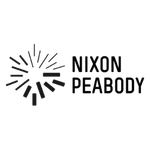




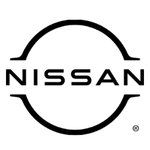


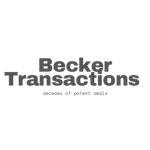
.png)
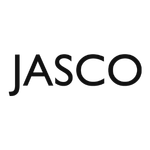



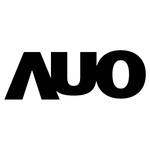

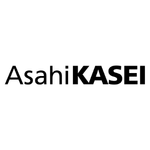





















.png)




























.png)




























.png)

















